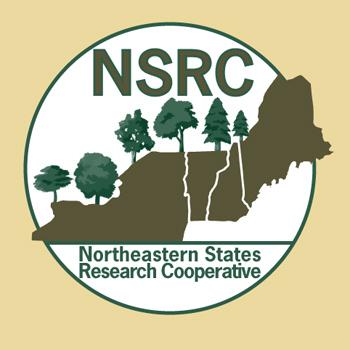Implementing Forest Adaptation Options for Northern Forest Ecosystems

Climate change and increasing prevalence of non-native invasive insects and diseases are some of the most significant challenges facing forest managers in sustaining ecosystems across the Northern Forest region. This project will increase the application of adaptation strategies to enhance forest resilience to climate change and invasive pest and disease impacts, while also sustaining critical ecosystem services, including wildlife habitat, carbon storage, and local forest-based economies.
NSRC researchers will evaluate outcomes and effectiveness of already implemented adaptation strategies and partner with resource managers to produce site-tailored recommendations on best practices for anticipated impacts of climate change and invasive species. This project uses a network of adaptation experiments and demonstrations in Maine, New Hampshire, New York, and Vermont on more than 30 sites to better understand the ability of forest adaptation strategies to address emerging forest health and climate change impacts. Researchers will measure forest structural, compositional, and functional outcomes of these strategies at these sites to document forest management approaches that provide the greatest adaptation potential for northern hardwood, mixedwood, and spruce-fir ecosystems. Through partnerships with federal, state, Tribal, private, and NGO forestry stakeholders, researchers will develop outreach materials, such as pamphlets, webpages, webinars, and workshops that identify site-tailored, best adaptation practices for these key forest types in northern New England and New York.
Short-term benefits for the Northern Forest include management guidance and a broadened community of practice for operationalizing forest adaptation strategies to address emerging threats. Long-term benefits include the ability to sustain ecological and economic benefits of critically important forest ecosystems despite changing climate and disturbances.
